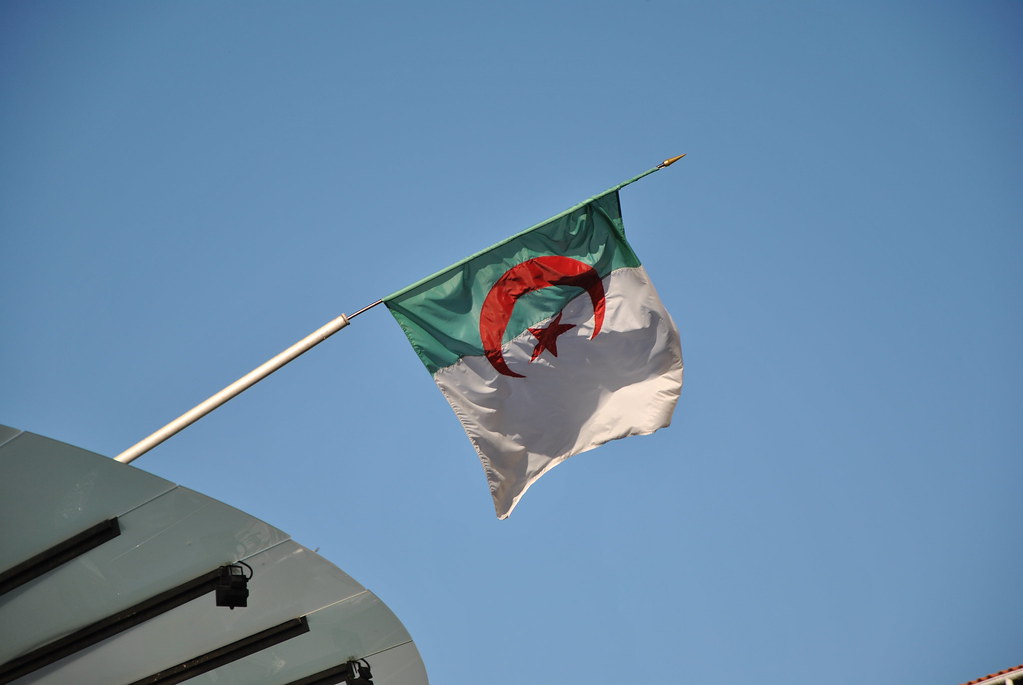The Algerian economy is being seriously affected by the collapse of oil and gas prices at a time of worsening security conditions in the Southern European neighbourhood. This has raised doubts about the country’s ability to weather the shock in the economic, political and security domains, evoking the catastrophic events it experienced during the 1986-1988 crisis and its aftermath. A new paper on The Impact of Low Oil Prices on Algeria, published by the Center on Global Energy Policy, addresses three particular and interlinked issues: (1) whether low oil prices might have similar economic and political effects as in the mid-1980s, when they contributed to the unfolding of a bloody civil war; (2) to what extent can low oil prices foster economic and political reforms; and (3) what are the international implications for the Western Mediterranean and for EU policies towards Algeria.
“On the political front, the most likely scenario is a process of limited economic and political reforms until there is a consensus on Bouteflika’s succession”
On the first point, the paper concludes that there is much to qualify in extrapolating the consequences of the mid-1980s oil counter-shock that led the country to recession, revolts, Islamists electoral victories and, finally, to a military coup, repression and civil war. In the first place, the fiscal and current account balances have rapidly deteriorated to worrying levels, but the country still has significant buffers, like substantial (even if rapidly decreasing) reserves and a negligible external debt, which were the two main factors that forced a traumatic shock-therapy approach to stabilisation in the late 1980s. Secondly, the country continues to grow and has avoided an economic recession like the one of 1986-88. This reduces the probability of the country falling into internal turmoil, but also gives more short-term policy space to modulate the pace and depth of austerity and reform measures. The memory of the 1990s, and perhaps more importantly the outcome of the 2011 Arab revolts, together with a worsening regional security context, will also contribute to mute any reaction against austerity measures.
On the political front, the most likely scenario is a process of limited economic and political reforms until there is a consensus on Bouteflika’s succession. Current economic difficulties seem to have slightly shifted the balance in favour of the reformers, who have approved a restrictive and moderately reformist budget and announced a change in Algeria’s economic model. More adverse scenarios cannot be completely ruled out, such as an Egyptian-style military coup or the return to the social unrest of the late 1980s or even the violence of the 1990s. Nevertheless, and regardless of the opacity of Algeria’s political economy balances, it is argued that all of these scenarios currently seem relatively less plausible than a continuing deterioration, with the government focusing on fiscal and external stabilisation and carefully modulating the pace and magnitude of economic reforms. From a security perspective, the Algerian security forces are now also better trained, informed and equipped, and defence and security expenses have not been affected by budget cuts. Neither should the divergences between the civilian and military branches of the ‘revolutionary family’, or with a co-opted business elite, be exaggerated, because all parties share a clear preference for regime continuity.
“An important part of the solution would be in place to diversify away from Russian gas and stabilise Europe’s Southern neighbourhood”
Regarding international implications, the fact that the deterioration of the Algerian economy might affect the security situation in the Maghreb, the Sahel and the Western Mediterranean is gaining weight over narrow energy security issues. Moreover, it is suggested that the relevant question for Europe is not whether Algeria can be a substitute for Russian gas, but what the EU should do for the country to further contribute to European energy security rather than becoming its next problem. Energy constitutes the only driver available to the EU to incentivise Algerian economic reforms and both parties share a preference for improving their respective supply and demand energy security. A good balance would be to offer prospects of accessing the EU’s gas market in exchange for improving the country’s energy governance.
If Algeria implements both energy supply- and demand-side reforms and institutional measures to improve governance, and the EU provides appropriate hardware (pipelines and intra-EU gas interconnections) and software (a flexible, differentiated and attractive normative framework), an important part of the solution would be in place to diversify away from Russian gas and stabilise Europe’s Southern neighbourhood. The same can be said regarding the eventual negative impact on Algeria of increased US LNG exports. Low oil prices seem to have slightly shifted Algerian political economy balances, making economic (and energy) reform more attractive. Both the EU and the US should explore this window of opportunity, if only because past experience shows that it risks being short-lived.
This comment summarises my paper The Impact of Low Oil Prices on Algeria, published by The Center on Global Energy Policy at Columbia University’s School of International and Public Affairs.



